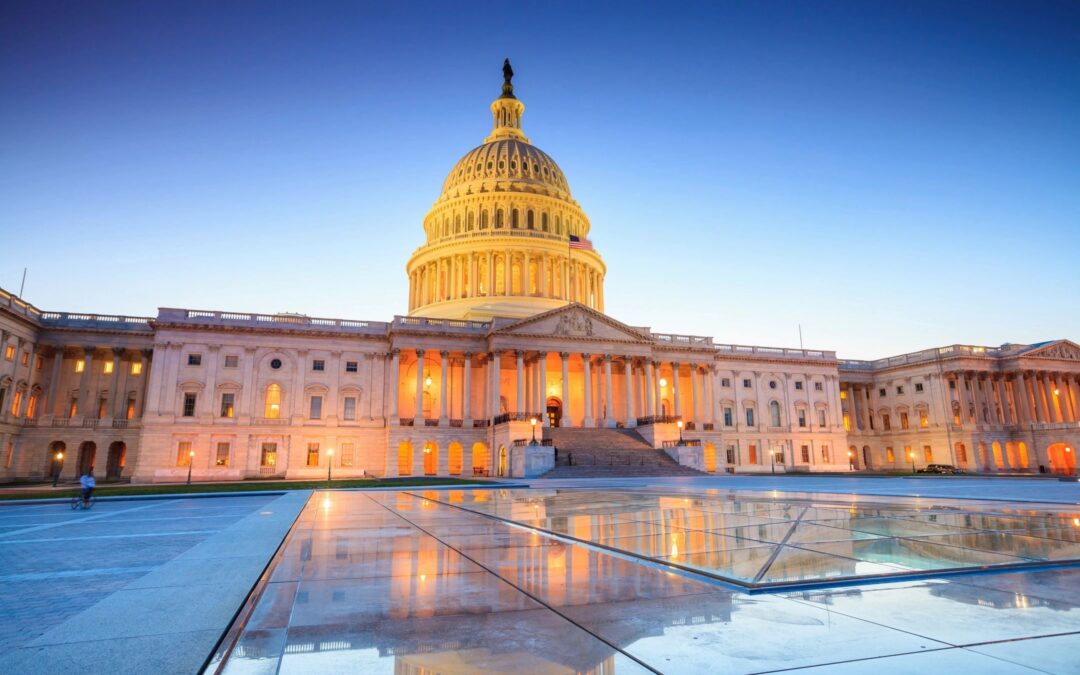
by David Maiorana | Jan 8, 2026 | Estoppel, PTAB News, PTAB Trial Basics
By Erin Bies, David Linden, and Dave Maiorana – On appeal from an ex parte reexamination (“EPR”) decision, the Federal Circuit held that a final written decision of an inter partes review (“IPR”) does not preclude the Patent Office from maintaining an ongoing...

by Matthew Johnson | May 21, 2025 | Estoppel, PTAB News, PTAB Trial Basics
By Evan Tassis and Matt Johnson – Recently, an ITC Administrative Law Judge applied IPR statutory estoppel under 35 U.S.C. § 315(e)(2) in denying a Respondent’s motion for summary determination of invalidity in Certain Audio Players and Components Thereof,...

by Matthew Johnson | May 15, 2025 | Estoppel, Prior Art Issues, PTAB News, PTAB Trial Basics
By Omar Jishi and Matt Johnson – In IOENGINE, LLC v. Ingenico Inc. (Fed. Cir. 2025), the Federal Circuit narrowed the scope of IPR estoppel under 35 U.S.C. § 315(e)(2), which precludes an IPR petitioner from asserting in court that a patent claim “is invalid on...

by Matthew Johnson | Apr 11, 2025 | Estoppel, Federal Circuit
By Zac Hardy and Matt Johnson – Kroy IP Holdings, LLC sued Groupon, Inc., alleging infringement of 13 claims of U.S. Patent No. 6,061,660 (“’660 patent’), which relates to incentive programs over computer networks. Those claims were invalidated via successful...

by Matthew Johnson | Dec 18, 2024 | District Court, Estoppel, PTAB News, PTAB Trial Basics
By Levent Herguner, Derek Walker, and Matt Johnson – The Promoting and Respecting Economically Vital American Innovation Leadership (“PREVAIL”) Act has moved to the Senate for a full vote after passing the Senate Judiciary Committee vote 11-10 on November 21,...

by Matthew Johnson | Nov 26, 2024 | Estoppel, Evidentiary Issues, Prior Art Issues
By Dalton Earich,* Matt Modderman, and Matt Johnson – On October 25, 2024, the United States District Court for the Eastern District of Pennsylvania ordered Comcast Corporation (“Comcast”) to identify the date on which it learned of each patent, patent...







